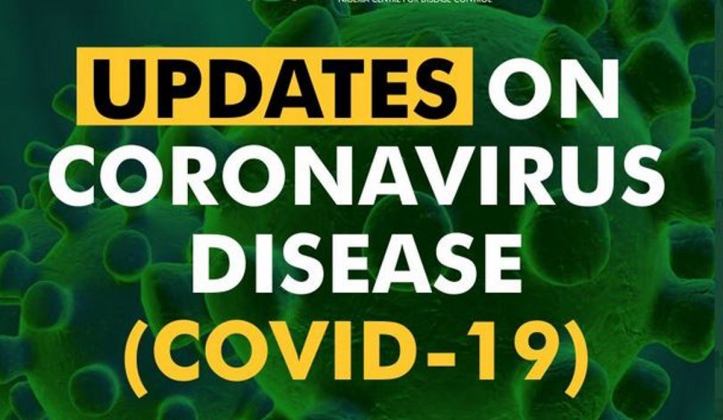INFOMEDIA – The Nigeria Centre for Disease Control (NCDC) has confirmed 12 new cases of COVID-19 (Coronavirus) in Osun, Edo and Ekiti, increasing Nigeria’s confirmed cases to 151.
NCDC, through its verified Twitter account on Wednesday, said that out of the 12 new cases,
Osun has nine; Edo – two and Ekiti has one cases.
“As at 12:30p.m April 1, there are 151 confirmed cases of #COVID19 reported in Nigeria. Nine have been discharged with two deaths,” it said.
NCDC noted that presently, there were 82 cases in Lagos; Abuja 28; Osun- 14; Oyo- eight; Ogun and Edo-four cases each; Kaduna- three, Enugu, Ekiti and Bauchi- two cases each, while Rivers and Benue has one case respectively.
The News Agency of Nigeria (NAN) recalled that President Muhammadu Buhari, following health advisory on increasing COVID-19 cases in the country, had on March 29 announced a 14-day restriction of movement n Lagos, Abuja and Ogun with effect from 11.00p.m on March 30.
Read Also:
Buhari had said that the restriction period would enable the government to identify, trace and isolate all individuals that had come in contact with confirmed cases of COVID-19.
The president said that citizens were to stay at home; offices and businesses were to be closed, except for essential services.
NCDC said that the restriction was important for public health response because there were thousands of contacts in Lagos and Abuja that require follow-up for 14 days.
“Suspected cases in Lagos and Abuja that require follow-up and testing, restriction of movement makes access to these people much easier.
“As citizens, we need to reduce our contact with each other. This way, even cases we have not yet found have less chance of transmitting the virus to others,” NCDC said.
The health agency said that success does not depend only on the presidential order, but ultimately on how citizens take responsibility individually and collectively to prevent further spread of COVID-19 infection.
NCDC urged the citizens to clean all surfaces like door handles, stair rails and tables frequently, adding that COVID-19 can live on these surfaces and be contracted after touching them and then touching the face. (NAN)



























